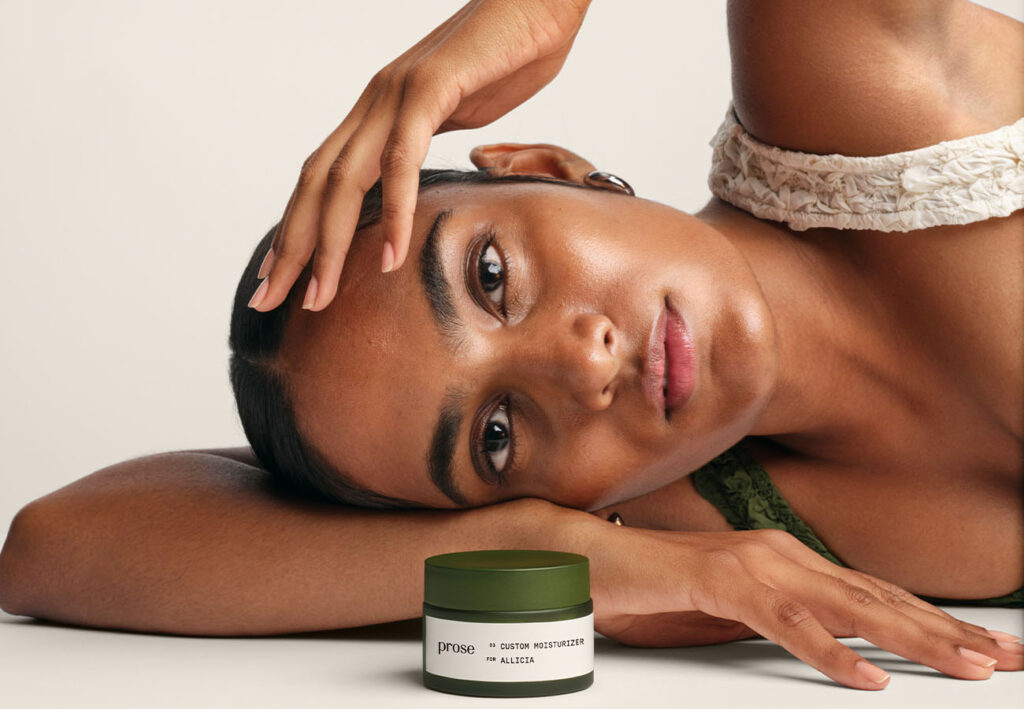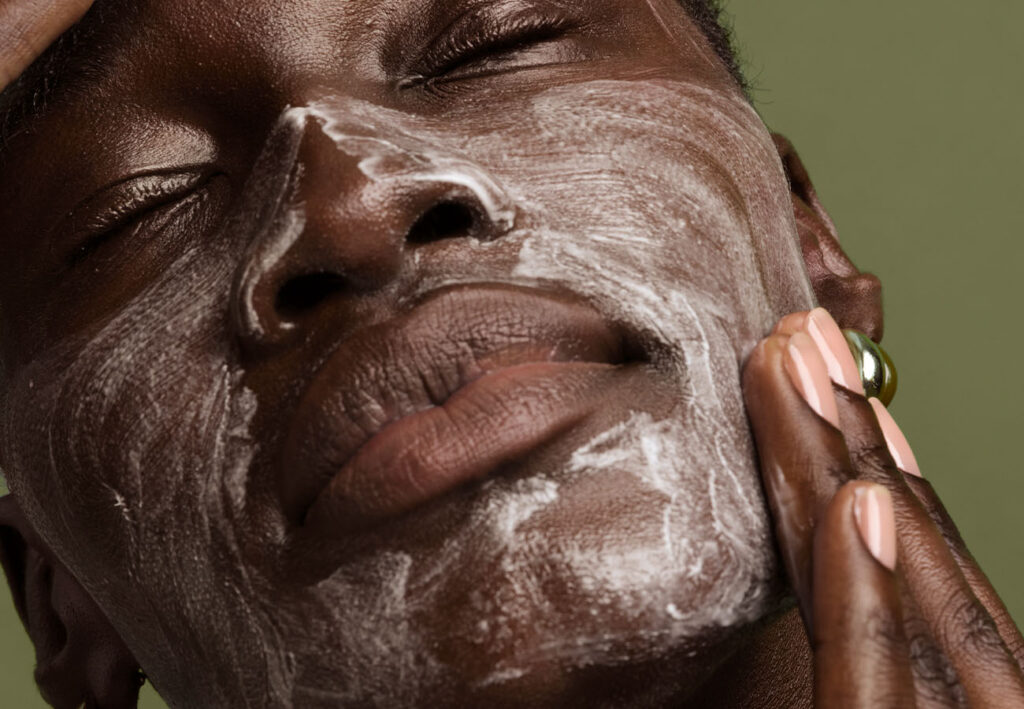Do apply (and reapply!) sunscreen all year round.
The need for SPF feels more apparent in the warmer months when your skin is more exposed, and you spend more time outdoors. However, it’s necessary to “apply sunscreen every morning. No matter your age, skin type, the climate, or the time of year, if you skip this step, it can lead to skin cancer, as well as premature and accelerated aging,” says Dr. Stacey Tull, a board-certified dermatologist at St. Charles County Dermatologic Surgery in Cottleville, Missouri. UV rays remain constant throughout the year and can penetrate through clouds and clothing, so don’t be fooled by a gloomy, winter day. Bonus: Remember to reapply sunscreen every two hours.
Do remove makeup before bed.
We can all relate: Sometimes, the last thing you want to do is take your makeup off at night. But it’s important to remember that “leaving residue on your face can lead to acne. It can also deposit dirt, grease, and bacteria on your linens, which will continue to cause breakouts,” says Dr. Tull. Even when you wear non-comedogenic makeup, it isn’t meant to stay on your skin for an extended period. Also, while we’re here, don’t regularly rely on makeup wipes to do the trick. Most of the time, they’re just pushing around the makeup on your face — not entirely removing it away.
Don’t forget to wash your hands before cleansing your face.
You might think your face cleanser is working double-duty on your hands as well, but it’s simply not the case. If you don’t wash your hands properly before starting your skincare routine, you can transfer bacteria and dirt from your hands to your face. Clean hands also ensure your face wash works more effectively without grime from your hands getting mixed into the process.
Do a patch test.
Finding a new, game-changing skincare product is exciting, “but you should steer clear of certain ingredients you’re allergic or sensitive to,” says Jodi LoGerfo, DNP, a dermatology nurse in New York City. Though you might be eager to see results with a new product, patch-testing skincare is essential to help identify possible adverse reactions before you apply it to your whole face or body. First, choose an inconspicuous area of your skin (e.g., inside your wrist), clean and dry that section of skin, and apply a small amount twice daily for at least seven days, according to the American Academy of Dermatology Association. If your skin becomes irritated, stop using the product and seek a dermatologist’s help.
Do use personalized ingredients that bring out your skin’s best.
We believe that skincare isn’t a one-size-fits-all approach. This means honing in on ingredients that address your individual needs and skin goals. If you’re dealing with hyperpigmentation, “niacinamide is an anti-inflammatory ingredient that can improve the look of skin spots and even out your skin tone,” says LoGerfo. If you’re chasing glowy skin, “vitamin C is a fantastic antioxidant that both protects and repairs skin,” adds Dr. Tull. Using the wrong ingredients could potentially exacerbate certain skin issues and hinder your ability to see the results that you want.
Whether you have oily, combination, sensitive, or dry skin, Prose custom skincare is designed to help you understand your skin type and tailor the right ingredients. Take the Prose skincare consultation questionnaire to get personalized recommendations you can use daily.
Always made to order. Never made to waste.
Exclusive Trial Offer Get 60% Off + Free Gift







